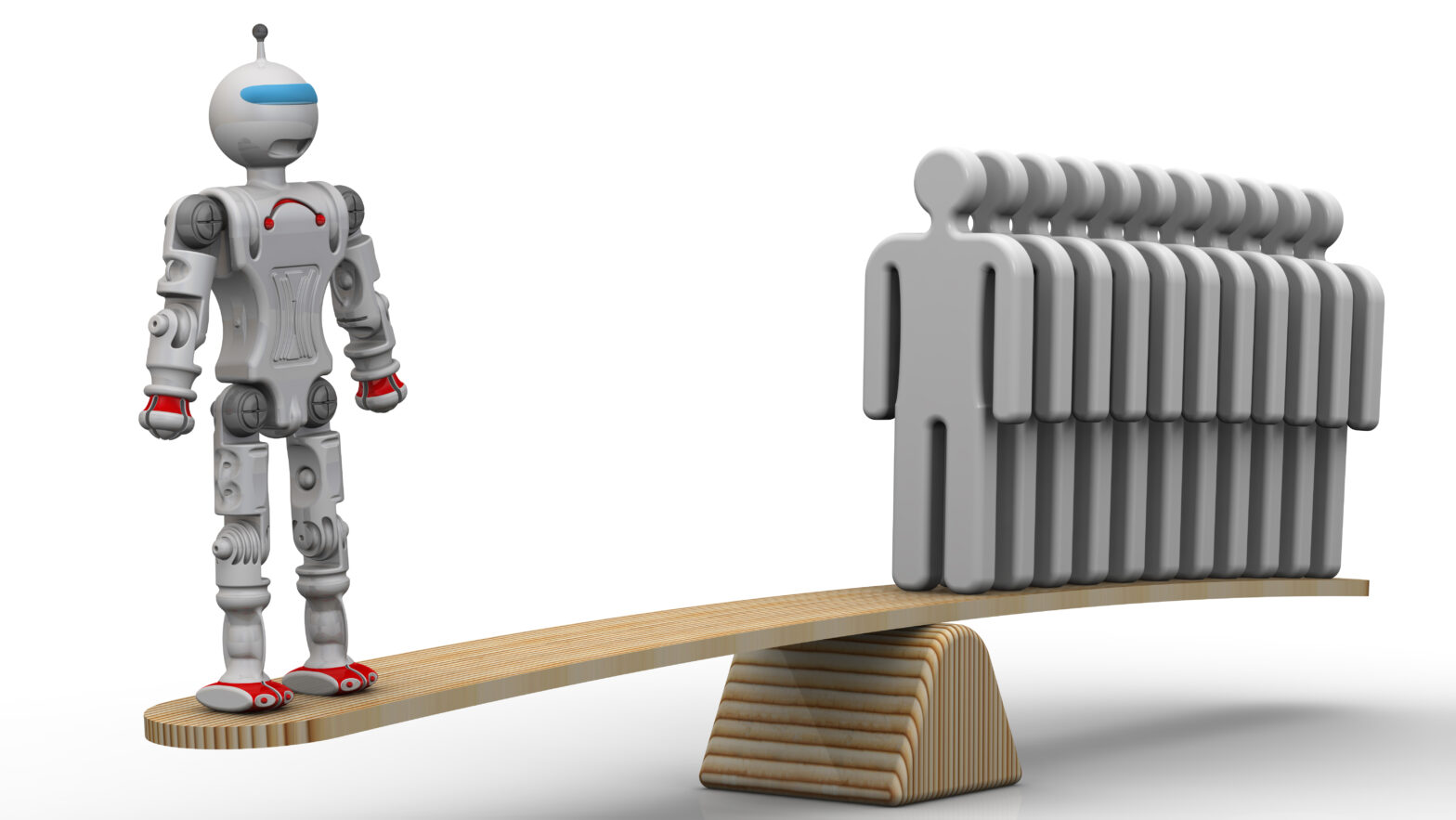Two thirds of young entrepreneurs are concerned that the rise of robot workers with artificial intelligence (AI) in the workplace could impact job prospects, according to a new report from Young Enterprise.
The report, entitled Robot Revolution: The impact of artificial intelligence on entrepreneurs and job prospects, includes detailed polling of 200 finalists from the Young Enterprise flagship ‘Company Programme’ from all regions of the UK, shortlisted from 20,000 entrants.
When asked about the impact of AI in the workplace, 76 per cent believe fewer jobs would be available due to the use of robots in the workplace. In contrast just ten per cent say this trend would lead to more jobs and 14 per cent think there would be no noticeable change.
When asked about the role of robots in the workplace, nearly half of respondents (47 per cent) say they were ‘concerned’ at the prospect of machines occupying a large percentage of the workforce. A third (35 per cent) say they were neutral, and only 18 per cent felt comfortable.
‘The rise of the robots will have a devastating impact on job prospects for young people who have not been equipped with basic work skills. It’s time to wake up and recognise education must extend beyond academia and properly prepare the next generation for the world of work with skills like communication, teamwork and creativity,’ says Michael Mercieca, chief executive, Young Enterprise.
Respondents also feel that the rise of the robots will impact the ability of young people to secure jobs, with 59 per cent of respondents saying that they thought it would be harder to get a job that a robot could also do, due to a lack of basic core skills like team work and problem solving.
A third (33 per cent) say that they thought the rise of robot workers would encourage students leaving education to get more ready for work, ensuring that they left school with more relevant workplace skills. Only eight per cent say they anticipated there being no change.
When asked if they would accept a job working for a robot 45 per cent would whereas 55 per cent said no, demonstrating a stark divide of opinion.
Jeff Archambault, corporate citizenship, The Walt Disney Company EMEA comments, ‘Creativity will always require the human touch and state-of-the-art technologies can deliver new, unexpected experiences. That’s why it’s important that the next generation is supported to be at ease with both exploring robotics and artificial intelligence as well as creativity to help inspire new ways of working in an ever changing world.’
Sumanth Rao, director international finance at Delta Air Lines, comments, ‘The landscape in which young people work today is constantly evolving with technology at the forefront of that change as traditional roles become increasingly automated. It makes the investment in young people all the more important so they can develop their skills to meet the new work environment and ensure they leave education with hands-on experience, strong communication and people skills which are increasingly needed in the workplace today.’





